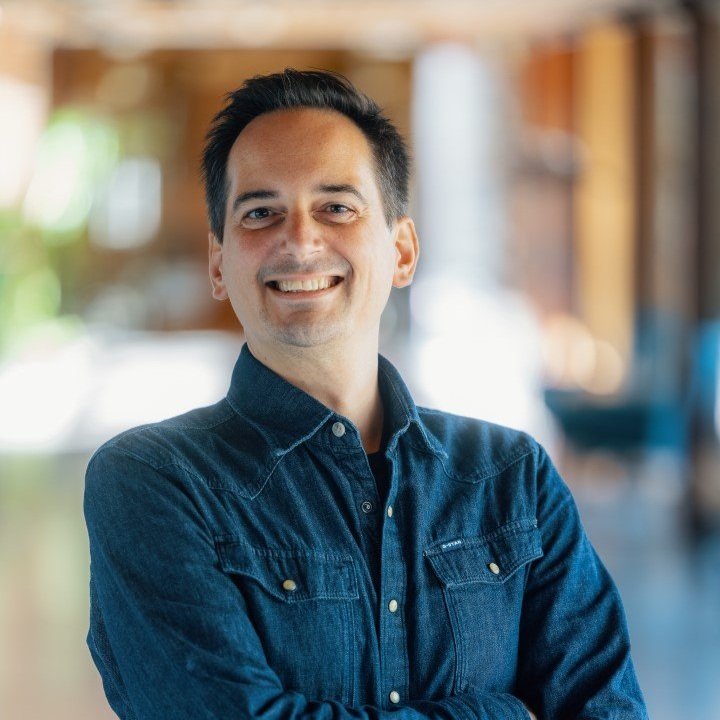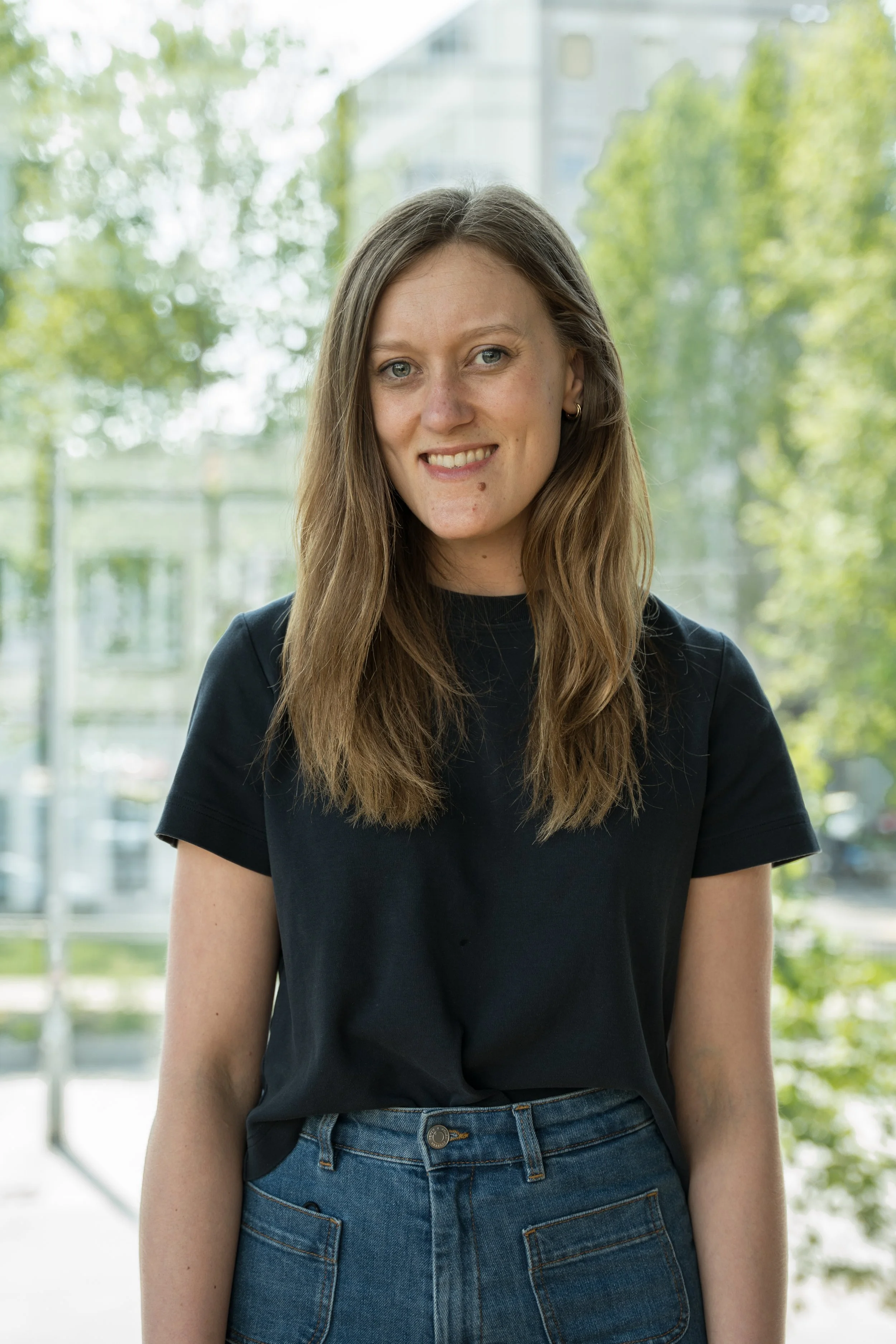
Climate change and the health of our democracy are both under siege, facing unprecedented challenges that threaten the very fabric of our society. These twin crises are not only urgent and critical on their own but also deeply interconnected. As the climate emergency escalates, its repercussions are felt most acutely by marginalized groups, exacerbating social inequities. Simultaneously, the political landscape is marred by deadlock, with a rising tide of climate denialism and skepticism towards democratic institutions undermining collective action and eroding trust. The complexities of these issues often lead to climate policies that, while technically sound, lack the social consensus necessary for implementation, leaving politicians hesitant to pursue the bold measures required.
This growing gap between citizens, democratic institutions, and effective climate action calls for innovative, inclusive solutions that can bridge these divides and foster a deeper, more participatory form of democracy. It is in this context that Climate Citizens’ Assemblies emerge as a vital tool. These assemblies offer a unique platform for deliberative democracy, where a representative cross-section of society can come together to learn about, deliberate on, and propose actionable solutions to the climate crisis, ensuring that the voices of all are valued.
The Knowledge Network on Climate Assemblies (KNOCA) and FIDE, in collaboration with DemNet, proudly present a new edition of the Spring School on Climate Citizens' Assemblies. We bring you a collective experience to explore the transformative potential of deliberative methods. Through a blend of expert-led sessions, interactive workshops, and case studies, you will gain key insights to design impactful processes.
Join us for this groundbreaking event and be part of the movement towards integrating democratic innovation into our approach to solving the climate crisis. Together, we can rebuild trust in our democratic institutions, empower citizens, and take decisive steps towards a more sustainable and equitable future.
Programme
Our events are structured to foster collective discussion, where participants have the space and time to contribute to the learning experience of the two days.
Speakers and participants share the room for the entire event, helping with the exchange of ideas and addressing tailored questions. The sessions involve a range of formats, from presentations to group work and interactive workshops.
-
Explore the power and implications of the mandate given to Citizens' Assemblies. This session provides clear information on the trade-offs in setting the assembly's remit.
-
Sortition is a core element in deliberative practices. What makes it so innovative? How to ensure representation and legitimacy through a democratic lottery?
-
Governance has a key role in how different teams and groups communicate with each other during the assembly. It also determines the selection of experts and the provision of information to assembly members. How much governance is enough, and can too much governance become a burden?
-
From information to deliberation. Learn the key methods to bring citizens from wide-ranging discussions to drafting specific recommendations on a policy issue.
-
From preparing and adapting the public administration to ensure the process is understood and the recommendations are fit for purpose to supporting members after the assembly. This final stage is key to maximising the assembly's impact.
-
A chance to dive deeper and in smaller groups on the following topics:
Facilitation
Citizens' Assemblies in challenging contexts
Communications and public engagement
Deliberation with Youth

Speakers
-
Damir is an Associate Professor at the University of Sarajevo and a Visiting Fulbright Scholar at Harvard University. His research examines how democratic and authoritarian politics are institutionalized in the context of ethnic conflict, power-sharing, and democratic innovations.
He has advised several deliberative processes and citizens’ assemblies in Bosnia and Herzegovina, all of them in a post-conflict context with substantial elements of demographic diversity. He is a consultant on deliberative processes for the Council of Europe, a member of the Balkans in Europe Policy Advisory Group, and editor of the book Illiberal Politics in Southeast Europe (2022).
-
Kelly is committed to enhancing democratic infrastructure to support more participatory democracy, ensuring that governance, organizations, and society meet citizens' aspirations. She works at TPXimpact, collaborating with a multidisciplinary team on organizational design, service design, technology, and participation.
Kelly has contributed to organizing deliberative processes, including the Citizens' Assembly of Scotland and Scotland's Climate Assembly. The Scotland Climate Change Act of 2019 led to the creation of a Citizens’ Assembly to advise on Scottish Climate policy. The assembly, consisting of 105 members, convened online over seven weekends due to COVID-19, and in June 2021, submitted a report with eighty-one climate policy recommendations to the Scottish Parliament. The assembly notably included a Children’s Assembly, whose findings were integrated into the main report.
-
Graduate of sociology at the University of Warsaw. For more than 10 years, she has been associated with the Shipyard Foundation in Warsaw, where she worked in the civic participation team. She has recently started working in the Chancellery of the Parliament in the department of citizens' affairs.
In recent years, she has been strongly involved in the implementation and promotion of deliberative processes: citizen's assemblies and councils (e.g. in Warsaw, Rzeszów and Lublin, as well as the first nationwide citizen's assembly on energy costs).
She was also involved in the projects related to civic participation of young people, participatory budgeting, involving citizens in urban planning and mentoring activities. She has coordinated five editions of the nationwide Participation Practitioners Forum.
-
Katie is a children's participation practitioner and researcher, with a focus on intergenerational, creative forms of decision-making related to the environment and climate change. She is particularly interested in how deliberative forms of democracy can better involve children and young people having been the project lead for children's participation in Scotland's Climate Assembly and, more recently, working as part of an intergenerational team to deliver Ireland's Children and Young People's Assembly on Biodiversity Loss.
-
Yves worked as a senior researcher in political science at KULeuven and the University of Antwerp and as a guest professor at several other universities in Belgium and France. He was also a visiting researcher at the University of Oxford (UK).
As a scholar, he published in major international journals on participation in politics, citizenship, elections and on information processing of elite politicians. From 2018 to 2020 he was the coordinator of the Belgian G1000 organization, a think tank with expertise in the use of sortition and deliberative democracy.
He has acted as an expert amongst others for the European Court of Auditors, the Organization for Economic Cooperation and Development, the European Commission, the Council of Europe, the Organization for Security and Cooperation in Europe and a number of local, regional and national governments.
-
Graham is Professor of Politics and Director of the Centre for the Study of Democracy at the University of Westminster.
He is the Chair of KNOCA and Chair of the Foundation for Democracy and Sustainable Development.
Graham is an international expert on climate assemblies and was recognised by Apolitical as one of the Top 100 Most Influential Academics in Government.
He is the author of ‘Can Democracy Safeguard the Future?’
-
Eva is the director of DemNet, one of the largest and oldest development NGOs in Hungary. She is a member of the board of the Hungarian Association of NGOs for Development and Humanitarian Aid (HAND) and is actively involved in numerous pan-European development networks.
She has also worked for the British Embassy in Budapest, OSCE, UNICEF and the Regional Environmental Center for Central and Eastern Europe (REC). Eva has overseen the design of the Climate Assemblies in Budapest, Miskolc and Érd.
-
Simone is a senior consultant at We Do Democracy, where she advises on deliberative participation processes. We Do Democracy is a social economic enterprise that designs and facilitates Citizens' Assemblies and other deliberative processes.
She has successfully managed and facilitated several high-profile projects, including the Citizens' Assembly of Lynetteholm, the Copenhagen Climate Assembly, and the Municipality Climate Citizens' Panel. Simone's dedication to fostering meaningful public engagement and her adeptness in navigating the intricacies of interest representation and politics make her a pivotal figure in the field of democratic innovation.
-
Laura Grossmann was one of two Civil Society Engagement Officers at the Austrian Climate Assembly in 2022.
Her work as a free-lancer and with the Association "Humus" is centered around supporting civil society organisations (from NGOs zu grassroots) though facilitation, consulting and trainings. Her focus therein lies on skills and methods the organisations need to work effectively and increase their impact, regardless of the issue they work on (eg. team processes, campaigning, strategy, etc.)
More coming soon!
REGISTRATION
SCHOOL’S PASS
200€
(excl. 21% VAT)
The ticket includes access to the entire programme, catering during the two days and dinner on Tuesday, May 21st.
Free tickets will be available at the organiser's discretion to support professionals and organisations with limited resources. If you think you would be eligible, do let us know on the registration form.
Capacity: 60 participants
Venue: MagNet Közösségi Ház
Event schedule:
May 20: Welcome drinks.
May 21: Sessions from 9 to 17h, optional activity and official dinner.
May 22: Sessions from 9 to 17h
Optional activity: to be confirmed.
Accommodation: participants can access a discount code if they wish to stay at UpHotel. A 12-minute walk from the venue. Subject to availability.
Registration deadline: Friday, May 10th
Cancellation policy:
Before March 15: total refund.
Before April 15: 50% refund.
There will be no refunds given after April 15.





















